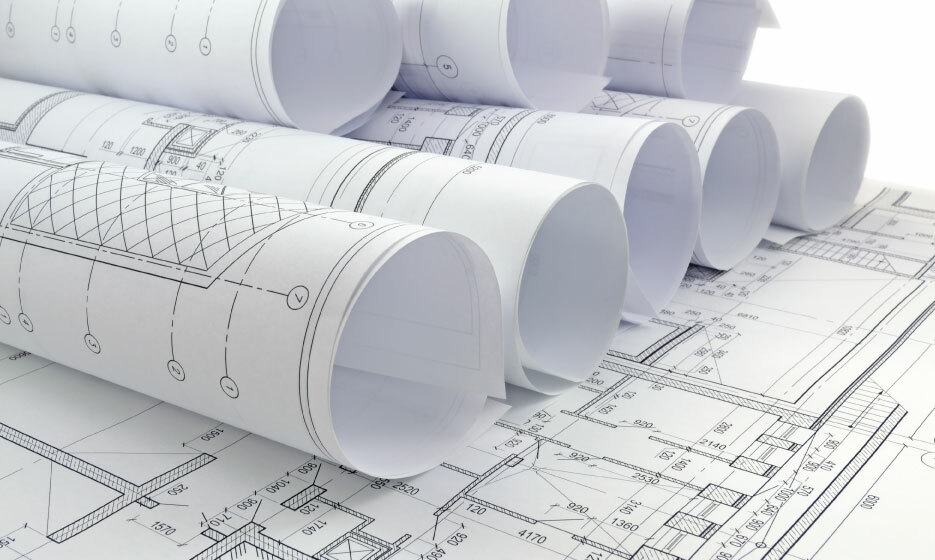For any real estate project, regulatory approvals regarding land use and natural resource access are critical to success. Developers, owners, lenders, and public entities alike rely on our lawyers to resolve land use and environmental concerns that have a direct impact on development.
Lewis Roca pioneered the use of "specific plans," a land use regulatory tool for large-scale development, and has been active for decades in shaping state and local land use legislation. We have particular expertise with water rights issues, including projects where there is no existing water service to the property or where access to water rights is in question.
Land use concerns can involve straightforward issues such as municipal annexation, subdivision regulation, redevelopment law, development agreements, and impact fees. In such instances, clients rely on our experience with local administration of land use regulations, including representation before boards of adjustment and advice on the interpretation and enforcement of zoning regulations. In addition, when disputes arise, we offer industry and public sector clients our extensive experience in land use law litigation at the trial and appellate court levels.
Representative work includes:
- Compensation for regulatory takings and state land acquisitions
- Creation of public improvement districts
- Hearings and protests over the adequacy of zoning procedures
- Restrictions on development of environmentally sensitive lands
- Validity of aesthetic regulations, including sign controls and architectural and design review
- Validity of exactions and development fees
- Zoning for controversial uses, such as group homes and landfills
- Zoning initiatives and referenda
Our lawyers have extensive experience in the administrative, legislative, and litigation aspects of land use law. This practice is statewide in scope and includes both public and private sector representation.
Administrative Law
We routinely practice before city and town councils, county boards of supervisors, boards of adjustment, citizen participation boards, and local stakeholders (businesses and neighbors) in connection with the local administration of land use and zoning regulations.
We assist clients with:
- Comprehensive or general plan amendments
- Conditional or special use permits
- Rezoning approvals, including master planned community zoning approvals (specific plans, planned area developments, and planned community developments)
- Variances
Our team advises clients and negotiates on their behalf in connection with the interpretation and enforcement of zoning and subdivision regulations, including:
- Administrative approvals of development planning proposals
- Subdivision plat or development plan approvals
- Zoning due diligence analyses
- Zoning interpretations
- Zoning violations
We also work on behalf of clients to negotiate, adopt, and implement:
- Community/neighborhood agreements
- Conservation easements
- Development agreements
- Economic development agreements
- Government condemnation or eminent domain
- Governmental finance mechanisms, including public improvements districts and community facilities districts
- Impact fees agreements
- Municipal annexations
- Planning and acquisition of state lands
- Public records requests and open meeting law conformance
- Redevelopment and urban renewal districts
Legislative Law
Our land use lawyers are active in the drafting and adoption of land use legislation at the municipal, county, and state levels, including practice before planning commissions, local governing bodies, and the state legislature.
Litigation Law
The firm’s lawyers have a strong track record in land use law litigation at the trial and appellate court levels, representing both local governments and private developers and landowners. We have been involved in a number of important cases dealing with the foremost issues in land development regulation, including:
- Adult businesses
- Compensation for regulatory takings
- Proposition 207 claims
- The adequacy of zoning procedures, such as notices, hearings, and protest calculations
- Utility service authorization
- Validity of aesthetic regulations, including sign controls, architectural and design review, and restrictions on development of environmentally sensitive lands
- Validity of exactions and development fees
- Zoning for controversial uses, such as group homes and landfills
- Zoning initiatives and referenda
Latest from Lewis Roca
- Press Release | 12/26/2023
- Honors & Recognitions | 11/2/2023
- Honors & Recognitions | 06/5/2023
